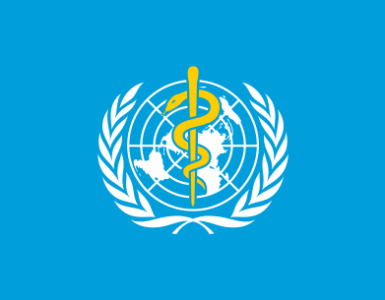 The Advisory Committee on Immunization Practices (ACIP) voted on February 23, 2022, to recommend a TBE vaccine for people 12 months of age and older, who are travelling to TBE-endemic areas. TBE is a viral infection of the brain and spine, which can be transmitted to humans through the bite of the Ixodes species of tick, which is focally endemic in parts of Europe and Asia. About 5,000 to 10,000 cases are reported each year. The risk is seasonal and typically lasts from April to November in Europe and in Asia, from the UK, Norway down to northern Italy throughout central Europe and China to Japan.
The Advisory Committee on Immunization Practices (ACIP) voted on February 23, 2022, to recommend a TBE vaccine for people 12 months of age and older, who are travelling to TBE-endemic areas. TBE is a viral infection of the brain and spine, which can be transmitted to humans through the bite of the Ixodes species of tick, which is focally endemic in parts of Europe and Asia. About 5,000 to 10,000 cases are reported each year. The risk is seasonal and typically lasts from April to November in Europe and in Asia, from the UK, Norway down to northern Italy throughout central Europe and China to Japan.
The risk may be high for American troops deployed in EurAsia, although just nine cases among military personnel assigned overseas were reported between 2006 and 2020. There were only 11 cases reported between 2001 to 2020 in American travelers, although the completeness of testing is unknown. However, one in three people can have long-lasting effects after exposure that include cognitive changes, muscle weakness or permanent paralysis, and in rare cases, death can occur, according to Ms. Hills of the CDC.
The ACIP made three recommendations for the vaccine:
- TBE vaccine is recommended for people who are moving to or traveling to a TBE-endemic area and will have extensive exposure to ticks based on their planned outdoor activities and itinerary.
- TBE vaccine may be considered for those traveling or moving to a TBE-endemic area who might engage in outdoor activities in areas where ticks are likely to be found. The decision to vaccinate should be based on an assessment of their planned activities and itinerary, risk factors for a poorer medical outcome, and personal perception and tolerance of risk.
- TBE vaccination is recommended for laboratory workers with a potential exposure to the TBE virus.
The FDA had approved TicoVac (Pfizer) on August 13, 2021, for active immunization to prevent TBE in individuals 12 months of age and older. No TBE vaccine was previously licensed in the U.S. More than 40 years of experience with the Pfizer TBE vaccine exist outside the U.S., and more than 160 million doses have been distributed since 1975. No TBE vaccine recommendations were established in the U.S. and therefore a TBE Vaccine Work Group was formed in September 2020. The vaccine is inducing neutralizing antibodies against the natural virus, as the sequence and structure of virus subtype match those found in nature.
In clinical trials, the safety and immunogenicity of the TBE vaccine were assessed in two age groups (12 months to 15 years, and 16 years and older). In these studies, seropositivity rates were 99.5% in the younger group and 98.7% to 100% in people 16 years and older following three doses. The most common adverse reactions in both age groups were local tenderness, headache, local pain, fever, restlessness, fatigue, and muscle pain.
“Even though we don’t perceive that the burden of TBE is large and it might be difficult to perhaps implement this vaccine because of the complexity of trying to understand where the tick habitat is, with the trend of global warming, we are seeing tick habitats and mosquito habitats and flaviviruses continue to circulate,” said Dr. Chen, MD, MS, a professor of medicine at the Center for Vaccine Development and Global Health, University of Maryland School of Medicine, in Baltimore who is also a voting member of ACIP. “So, I think we will see these types of vaccines becoming more and more important.”
There is currently no cure or specific treatment for TBE, only management of symptoms is possible.
By Dr. Simone Müschenborn-Koglin Contributing Editor, GHP

















